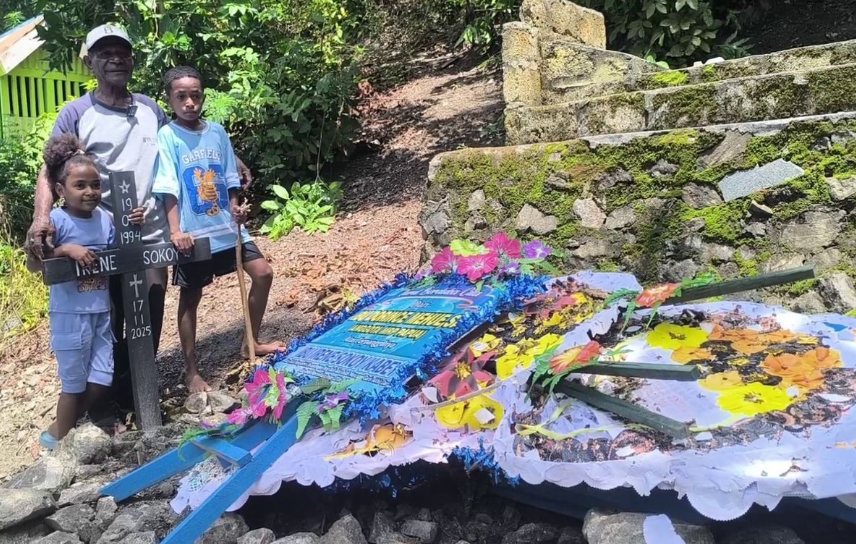Papuaaround.com – A pregnant woman from Hobong Village, Sentani District, Jayapura, identified as Irene Sokoy, died along with her unborn child after reportedly being denied treatment by four hospitals in Jayapura Regency and Jayapura City. The incident occurred early Monday (November 17) around 5:00 a.m. WIT and has sparked public outrage over what is seen as a severe breakdown in Papua’s healthcare services.
According to information gathered from local residents, Irene’s family rushed her to several hospitals in search of emergency care. Despite their urgent pleas, she was unable to receive proper medical attention. Irene was later pronounced dead while being transported to RSUD Dok II Jayapura, leaving her family and community devastated by the circumstances surrounding her death.
Hobong Village Head Abraham Kabey expressed deep sorrow, noting that Irene had been turned away by four hospitals before she died. He said the tragedy created lasting grief among residents, emphasizing that the incident should push authorities to critically evaluate the region’s healthcare management.
Neil Kabey, the victim’s husband, voiced similar frustration. He said his wife desperately needed immediate treatment, yet no doctor was available when they arrived at one of the hospitals. Neil insisted that his wife and unborn child might still be alive had a doctor been present at RSUD Yowari that morning. He questioned why no substitute physician was assigned if the on-duty doctor was absent.
Papua Governor Matius D. Fakhiri issued a public apology following the incident. He acknowledged that the tragedy highlighted serious deficiencies within the provincial healthcare system. In his statement, Fakhiri described the case as a painful example of administrative negligence that must not be repeated, especially pregnant woman in Papua.
The governor also announced plans to conduct a sweeping evaluation of all hospital leadership under the provincial government. He said he intends to replace hospital directors, citing their failure to maintain adequate service standards, including allowing medical equipment to fall into disrepair.
Fakhiri further explained that he has requested assistance from the Ministry of Health to improve hospital services throughout Papua. He noted that several internal barriers have long hindered healthcare performance and must be immediately addressed to prevent future tragedies. Ensuring reliable medical facilities and personnel, he emphasized, is a priority moving forward.
This pregnant woman’s death, along with that of her unborn child, has since drawn wide public concern. The case has reignited discussion on the accessibility of healthcare in remote regions, the availability of medical staff during emergencies, and the need for strict supervision of hospital operations.
Residents hope the government will take swift action to correct systemic issues within the healthcare sector. For many, this tragedy serves as a stark reminder of the urgent need for improvement so that every citizen can receive proper medical attention when it is needed most.

